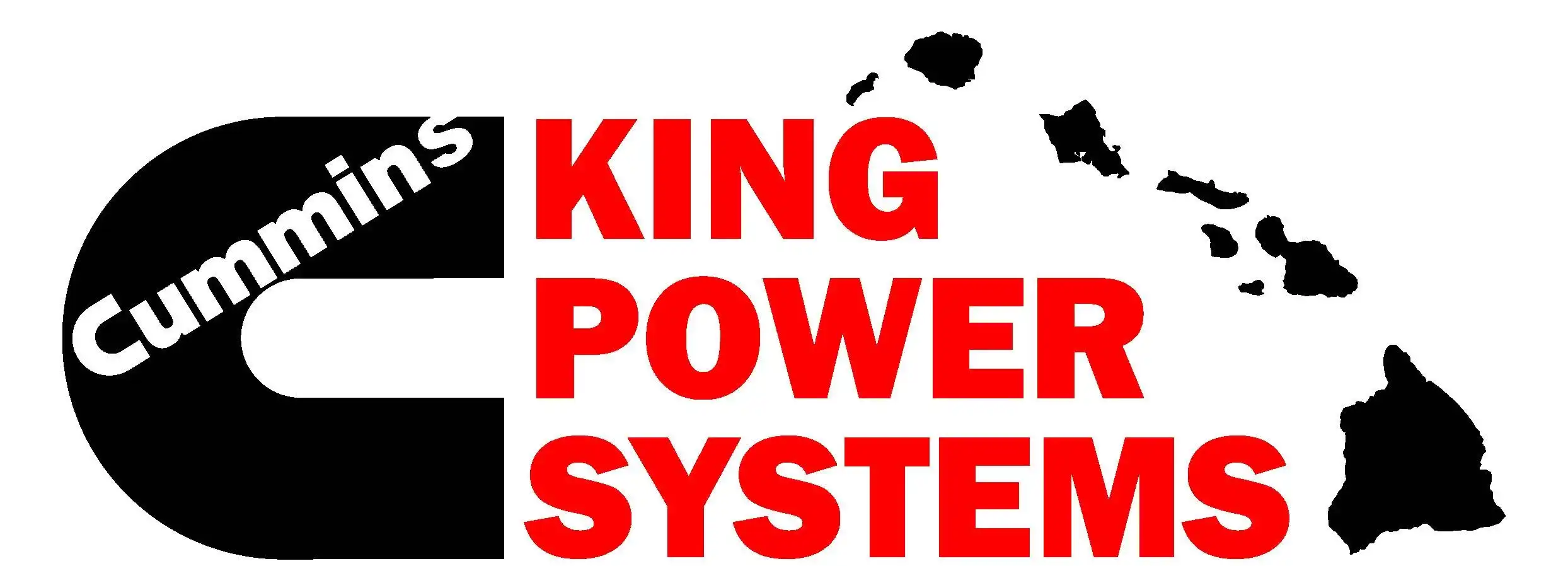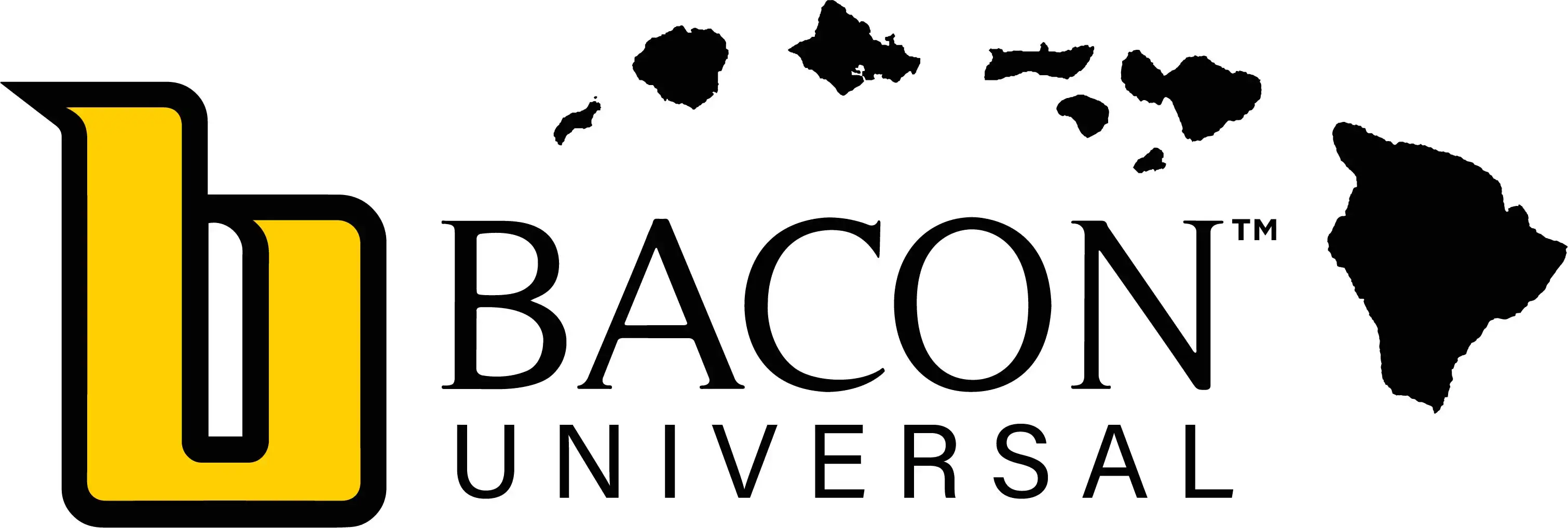Maui Police Host Medical Marijuana Summit
By Wendy Osher
The Maui Police Department joined state and regional officials in hosting a Hawaii Medical Marijuana Summit in Kahului yesterday. The session was designed to provide an update on issues pertaining to medical marijuana, and insight into problems associated with dispensaries.
The event was presented in part by the Maui Police Department, the Western States Information Network (WSIN), and Hawaii High Intensity Drug Trafficking Areas (HIDTA) program.
Speakers discussed issues pertaining to the California Medicinal Marijuana program and respective legislation (including the California Compassionate Use Act Proposition 215, and Senate Bill 420). Authorities from the Los Angeles Police Department, Sheriffs Department and District Attorneys’ Office provided a history on California dispensaries, and discussed prosecution of cases in the Western United States.
The summit also explored the link between organized crime and the multi-million dollar medical marijuana dispensary industry. Authorities in California have encountered enforcement and prosecution challenges in part because of conflicting state and federal laws.
Here in Hawaii, there are several bills relating to Medical Marijuana that are being considered by the state legislature this session. The measures under consideration include the following:
SB2213 SD2 HD1: 3/12/2010 Passed Second Reading as amended in HD 1 and referred to the committee(s) on JUD with Representative(s) Aquino, Ching, Choy, Finnegan, M. Lee, Marumoto, Pine, Takai, Tokioka, Ward voting no (10) and Representative(s) Berg, Keith-Agaran, Manahan, Takumi, Thielen excused (5).
Provides that each county has the power to establish compassion centers for the dispensing of medical marijuana. Requires that compassion centers shall only provide service to qualifying patients and primary caregivers registered with the department of public safety. Makes compassion centers subject to the general excise tax by making inapplicable the exemption for amounts received from sales of prescription drugs or prosthetic devices. Imposes a general excise tax on marijuana sales. Imposes registration fee on compassion centers, to be shared with counties. Effective August 7, 2112. (SB2113 HD1)
SB2141 SD1: 3/3/10 Referred to PBS/HLT, JUD, referral sheet 33
Increases the amount of cannabis that constitutes an adequate amount by allowing a qualifying patient to possess ten cannabis plants and five ounces of cannabis at any given time. Makes identification of the site where cannabis is grown confidential. Prohibits the department of public safety from requiring that a certifying physician be the patient’s primary care physician. Prohibits certifying physicians from naming or describing a patient’s particular debilitating condition. Increases the permissible ratio of patients to caregivers by allowing a caregiver to grow cannabis for no more than four patients. (SD1)
HB2938: 1/28/2010 Referred to LAB, JUD, referral sheet 9
Expands ability of employer to protect employees and prohibit the use of medical marijuana in the workplace.
HB1929: Introduced by Bertram. 2/1/10 Re-referred to HLT, JUD, FIN, referral sheet 13
Provides that each county has the power to establish medical marijuana dispensaries. Requires that medical marijuana dispensaries shall only provide service to qualified patients and primary caregivers registered with the department of public safety. Makes dispensaries subject to the general excise tax by making inapplicable the exemption for amounts received from sales of prescription drugs or prosthetic devices.
HB840 HD1: 3/16/10 The committee(s) on JGO recommend(s) that the measure be PASSED, WITH AMENDMENTS. The votes in JGO were as follows: 5 Aye(s): Senator(s) Taniguchi, Takamine, Gabbard, Nishihara, Slom; Aye(s) with reservations: none ; 0 No(es): none; and 1 Excused: Senator(s) Bunda.
Amends section 806-83, Hawaii Revised Statutes, to add felony offenses which may be charged by written information. (HB840 HD1)
HB2847: Passed first reading and was referred to the PBS/HLT/AGR, JUD, FIN on 1/28/10
Amends the term “medical marijuana” to “medical cannabis”; transfers the administration of the program from the department of public safety to the department of health. Establishes procedure for employment-related marijuana drug testing and review of results by medical review officer. Directs the department of health to establish a system of distribution outlets. Directs the counties to establish a system to license, tax, and regulate medical cannabis family farms. Directs the department of health, in consultation with the University of Hawaii, to establish a system to license research and development for medical cannabis related products. Allows out-of-state visitors who are qualifying patients or primary caregivers to apply for a temporary registration certificate. Permits transport of medical marijuana if certain conditions are met.
SB2450 SD1: Referred to JUD 3/4/10
Civil Penalties for Possession of One Ounce or Less. Establishes a civil violation for possession of one ounce or less of marijuana that is subject to a fine of not more than $300 for the first violation, and $500 for every violation thereafter. Effective July 1, 2050.
HB1930 HD1: Introduced by Bertram. Passed 2nd reading as amended in HD1 and referred to committees on JUD with none voting no (0) and Bertram, Cabanilla, and Takumi excused (3).
Allows probationers and parolees with no felony drug convictions who meet the requirements of qualifying patients to request that the terms of their probation or parole be modified to be allowed the use of medical marijuana.
SB2212 SD1: 2/12/2010 Report adopted; Passed Second Reading, as amended (SD 1) and referred to JGO.
Allows probationers and parolees who meet the requirements of qualifying patients to request that the terms of their probation or parole be modified to be allowed the medical use of marijuana. Clarifies definition of “primary caregiver” in medical marijuana law. (SD1)











